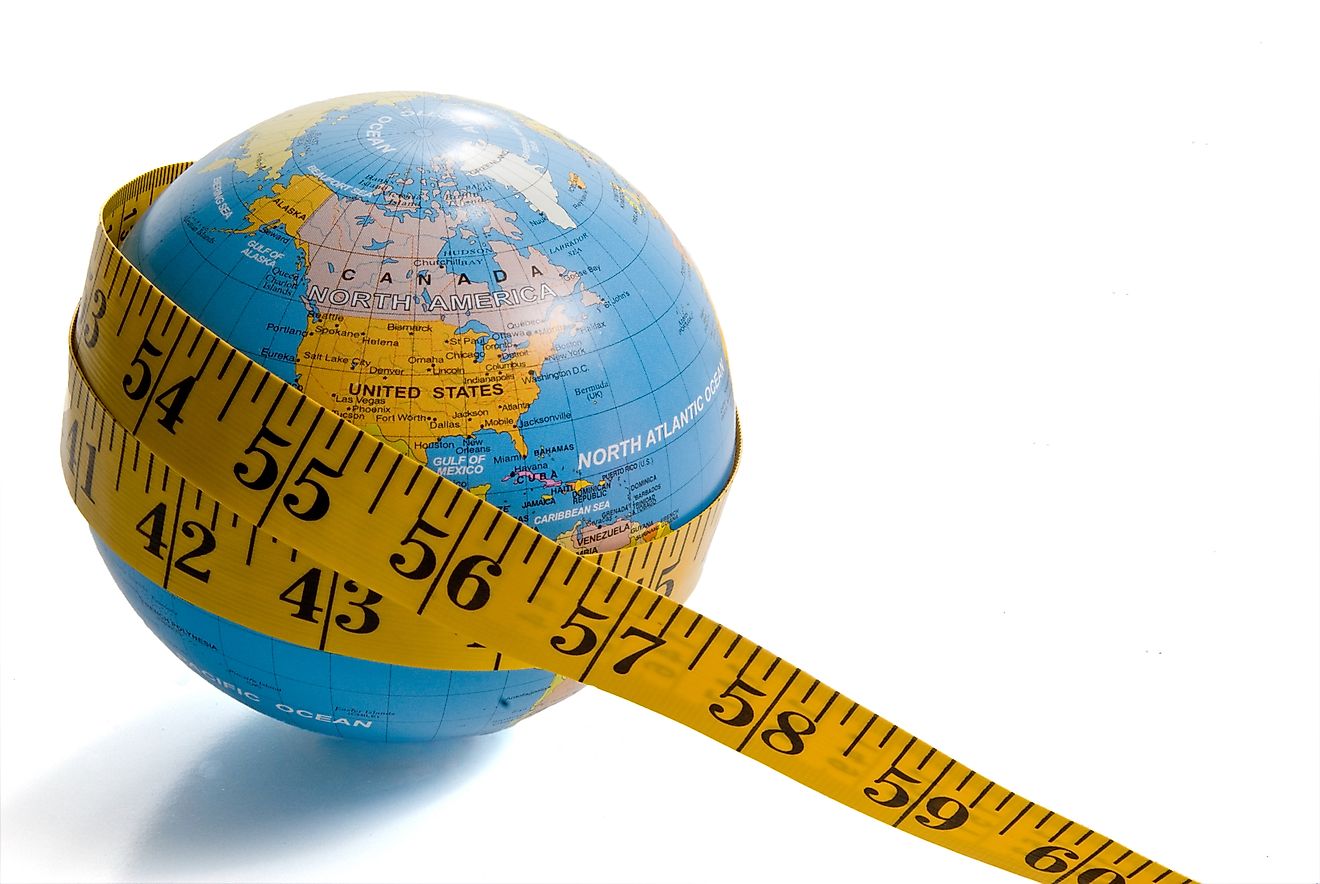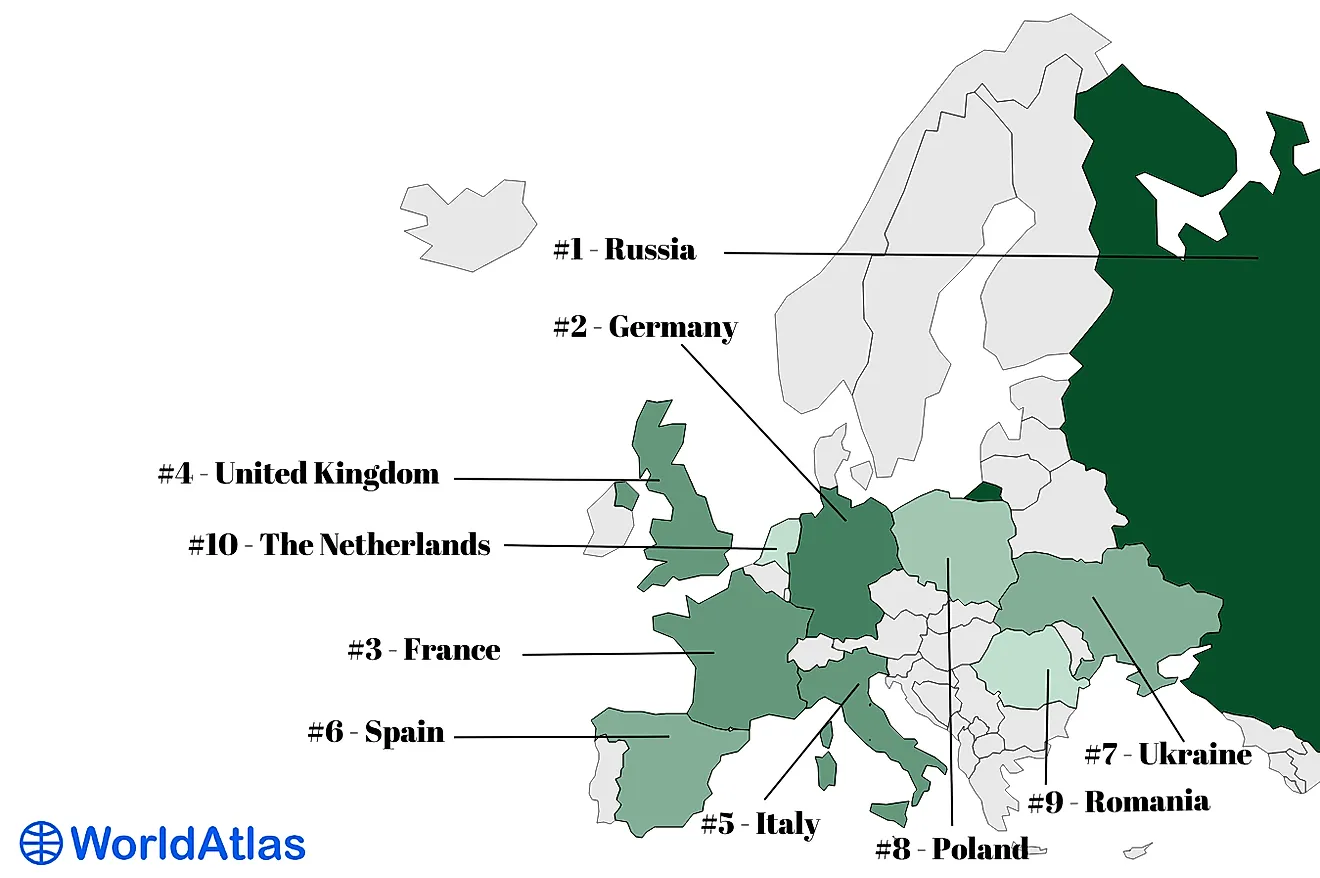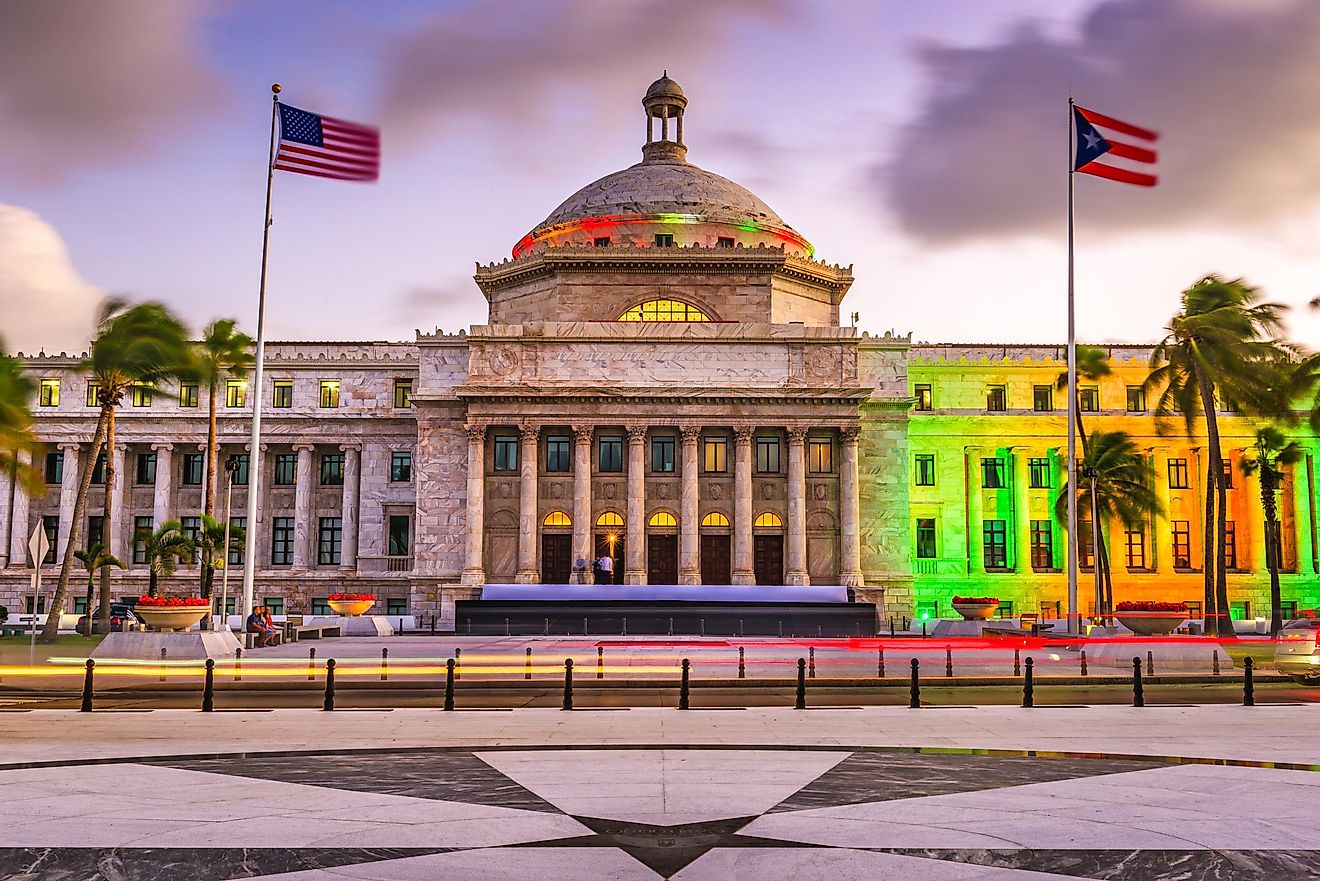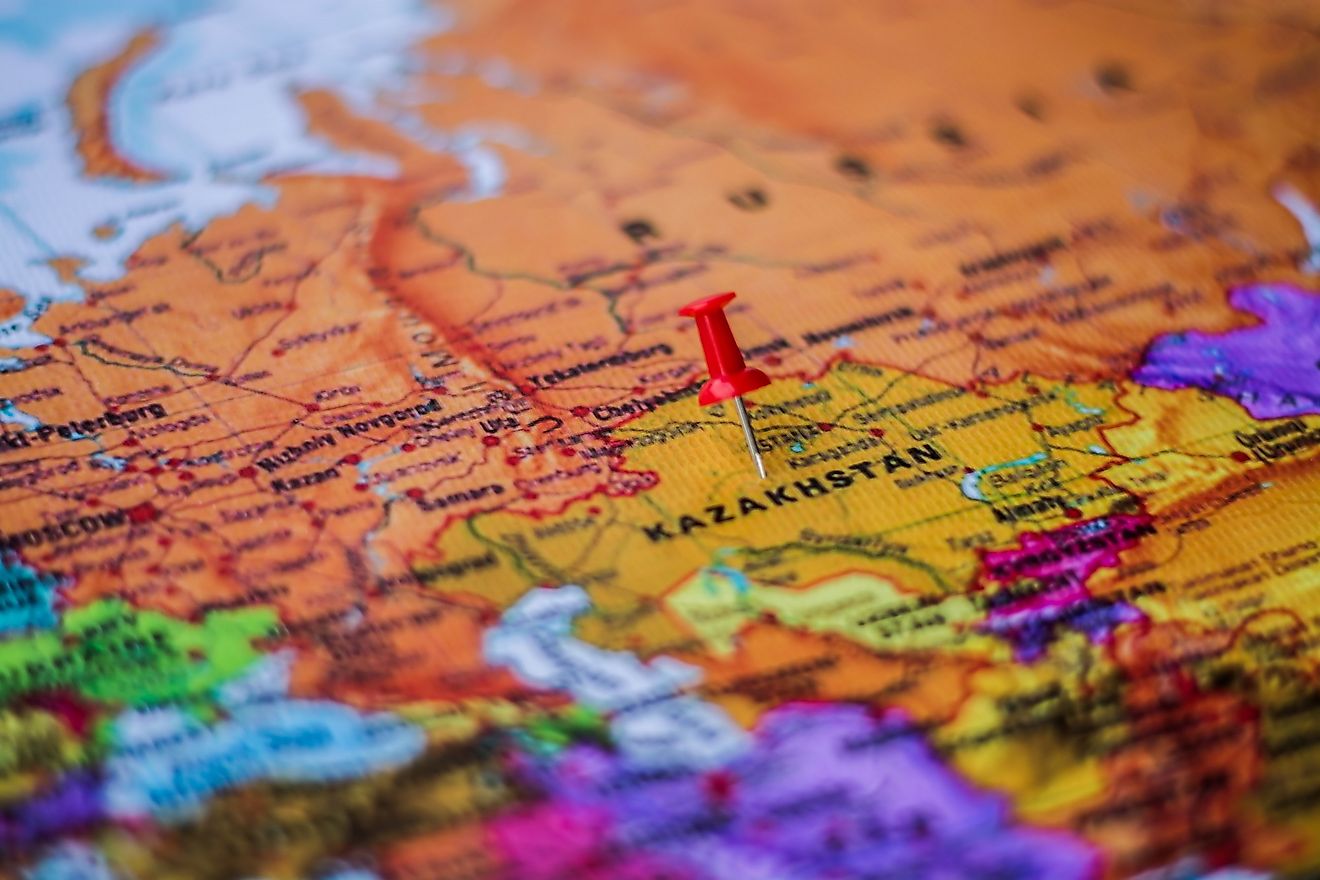What is a Protectorate?
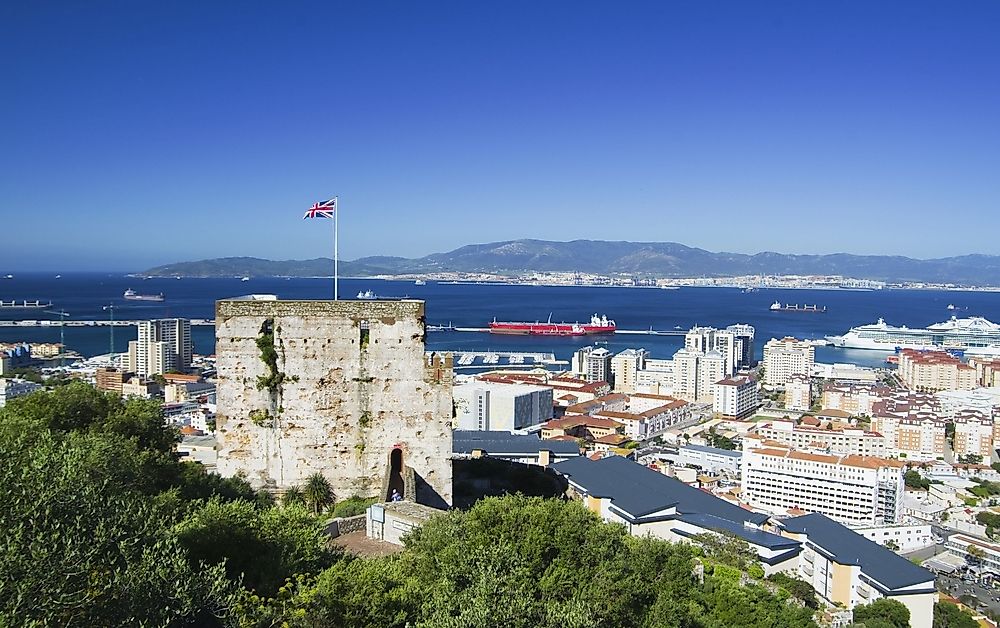
A protectorate is a territory that is dependent on a particular sovereign nation. The sovereign nation usually grants the dependent nation a local autonomy and some independence to manage some of its issues. Despite the local autonomy and some independence, the protectorate usually retains suzerainty to the sovereign nation. In simple terms, a protectorate is a small country or territory that is protected and controlled by a larger or more powerful country. Thus, a protectorate is an autonomous part of a sovereign state.
What is the Relationship Like?
The sovereign state and the protectorate sign a bilateral agreement in which the two nations or states agree that the sovereign state will protect the protectorate while the protectorate agrees to certain obligations which may vary depending on the nature of the relationship. In this relationship, the sovereign nation usually imposes some rules and obligations to the protectorate. The rules and regulations are always in line with the terms of relationship that the two nations have. The protectorate remains as part of the sovereign state.
Is a Protectorate the Same as a Colony?
A protectorate is often confused with a colony, probably because both protectorates and colonies are territories of a larger, more powerful state. A colony is different from protectorate in that a colony has local rulers who are answerable to the main state’s authority, unlike in a protectorate which is considered as an independent state and merely receives protection from a larger and more powerful country. In fact, the core business of the sovereign state is to protect and defend her protectorate, whereas a colony is entirely under the mother country and is considered as part of that country. All the activities of a colony are controlled by the sovereign country. Furthermore, in a colony, a number of citizens of the sovereign state are free to move to the territory under them without obtaining travel documents.
Amicable Protection and Foreign Relationship
The sovereign state can have an amicable and friendly relationship with the protectorate. In this instance, the terms and obligations are usually favorable to the protectorate. The sovereign state strives to maintain and protect the protectorate for prestige reasons. The sovereign state imposes favorable obligations to the protectorate, to maintain it, and probably to prevent another sovereign state, considered an enemy, from obtaining the protectorate. Thus, where the sovereign state and the protectorate have an friendly relationship, the sovereign state is usually out to protect its protectorate, probably because the protectorate is vulnerable in one form or another.
The
protectorate is usually allowed to have foreign relationships only with the
protecting power. In case another state is interested in have any dealings with
the protectorate, it must first pass through the protecting power. The
protecting power then decides to give the other state a go-ahead or deny it.
Similarly, the protectorate is not supposed to defend itself from military
attacks. In case of military attacks, the protectorate depends on the protector
for defense.
Why Do Powerful Countries Declare Other States As their Protectorates?
A sovereign state usually obtains a territory and declares it as her protectorate for personal or mutual benefits. The protectorate agrees to get into the relationship with the sovereign state in exchange for protection or any other thing it may need. Alternatively, the sovereign state is usually just out to offer some help to the protectorate. For instance, a powerful sovereign state can decide to declare a vulnerable state as its protectorate in order to protect it from its enemies and military attacks. However, many states obtain and declare territories as their protectorates purely for personal gains. For instance, the state might declare a country a protectorate in order to gain international prestige, minerals, and raw materials for her industries.
Examples of Sovereign States and Their Protectorates
In history, there are several powerful countries that have declared other territories and countries as protectorates. Below are some of the sovereign states and their protectorates.
Britain and its Protectorates
Britain has had many territories, especially in Sub-Saharan Africa and Asia. Most of these were initially British Protectorates before becoming British Colonies. These include Kenya, Uganda, Bechuanaland, Gambia, Southern and Northern Rhodesia, Ghana, Nigeria, Swaziland, Sierra Leone, and Zanzibar. Britain declared the above territories as its protectorates after the Berlin Conference of 1884 took place.
After the Berlin Conference, participants of the Conference, which included Britain, Italy, Spain, France, Portugal, Belgium, and Germany went ahead and divided Africa. Then each of them took portions of Africa in different places. They declared the portions as their territories in order to prevent other countries from claiming the territories.
British Overseas Protectorates (BOT)
Britain has overseas territories which it declared as its protectorates. These British Overseas protectorates are not part of the United Kingdom. With an exception of Gibraltar, the rest of the 14 territories are not part of the European Union. The 14 territories are under the protection of the UK. The British Monarch acts as the Head of State. The protectorates are self-governing and have a responsibility of managing their internal issues. The UK’s government only has the responsibility of defending the territories and taking part in foreign affairs. The United Kingdom strives to maintain these protectorates, which are also being claimed by other countries. These protectorates include Bermuda, British Antarctic Territory, British Indian Ocean Territory, British Virgin Islands, Cayman Islands, Falkland Islands, Gibraltar, Montserrat, Pitcairn Island, St Helena, South Georgia and the South Sandwich Islands, and the Turks and Caicos Islands.
German Protectorates
Germany had a number of protectorates, mostly in Africa and other parts of the world. The protectorates, which later became her colonial protections, were taken from her after her defeat in World War I. They include the Marshall Islands, German New Guinea, Nauru, Tanganyika, German Southwest Africa which later became Namibia, Togo, Samoa, Rwanda, Burundi, and Northern Solomon Islands.
The US Protectorates
The following were once declared as protectorates of the United States: Liberia, Cuba, Panama Canal Zone, Nicaragua, Hawaii (which later became one of the US states), Haiti, Germany (1945-1949), Honduras, South Korea, and Dominican Island.








